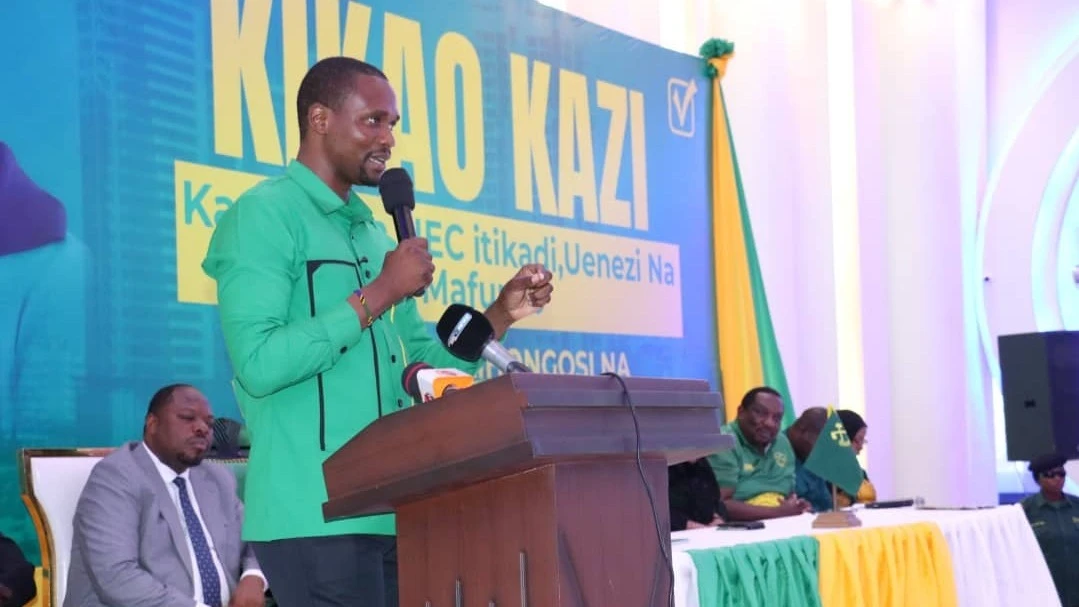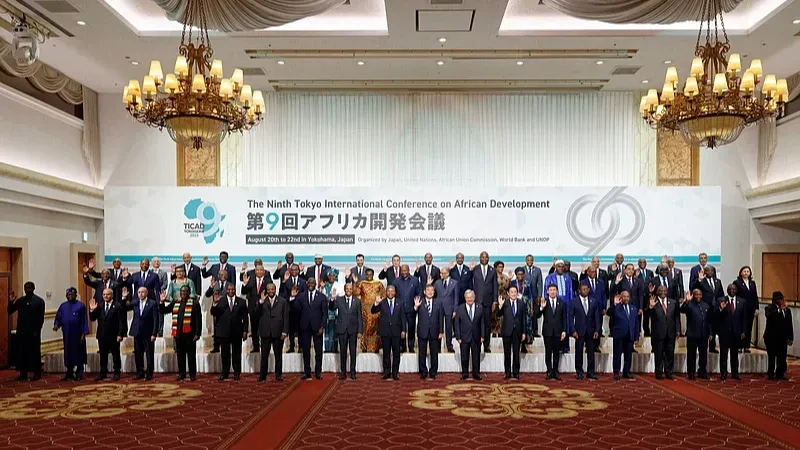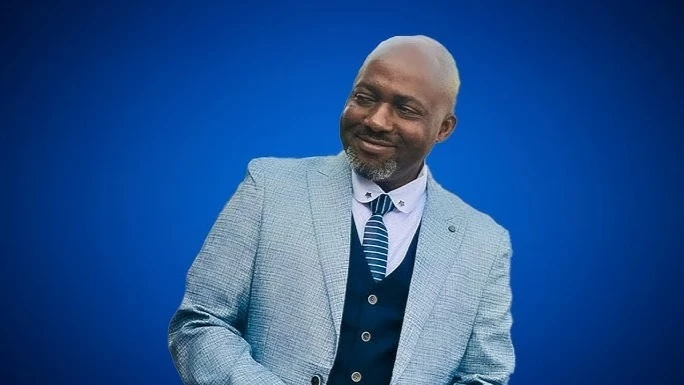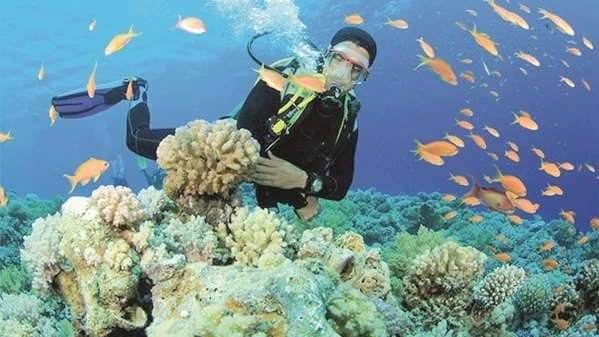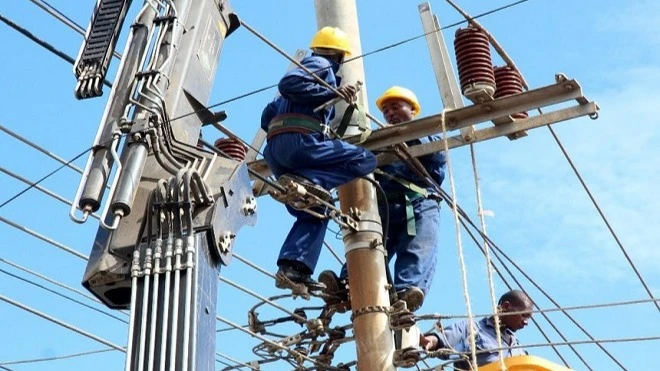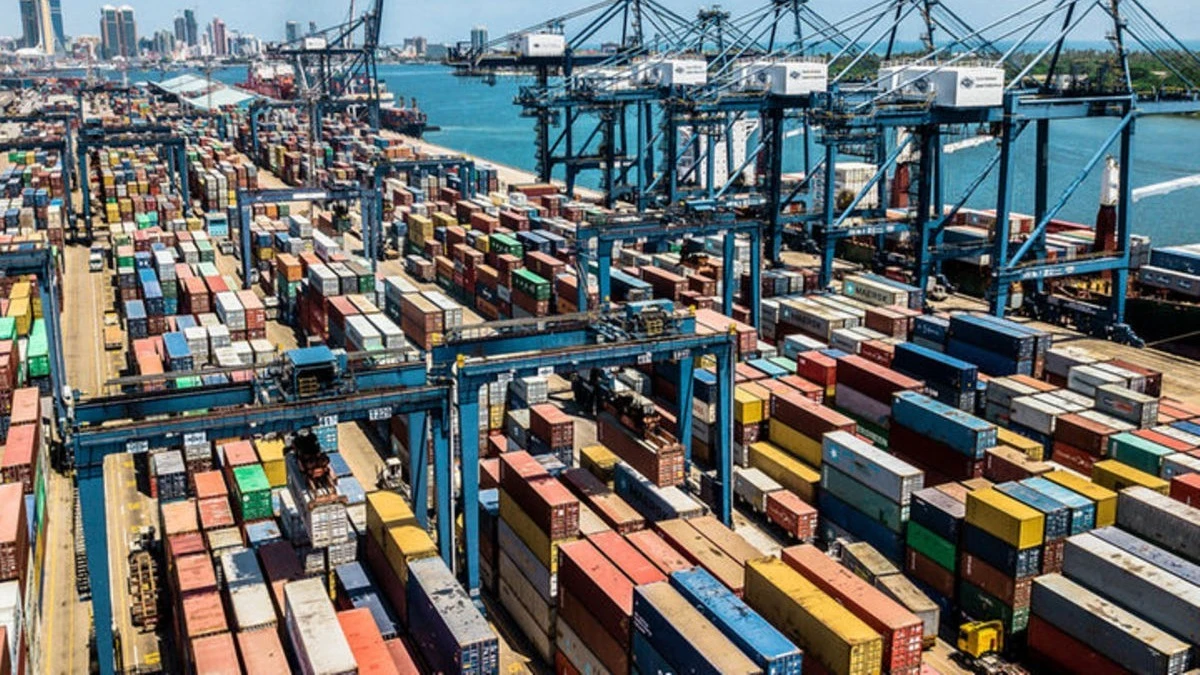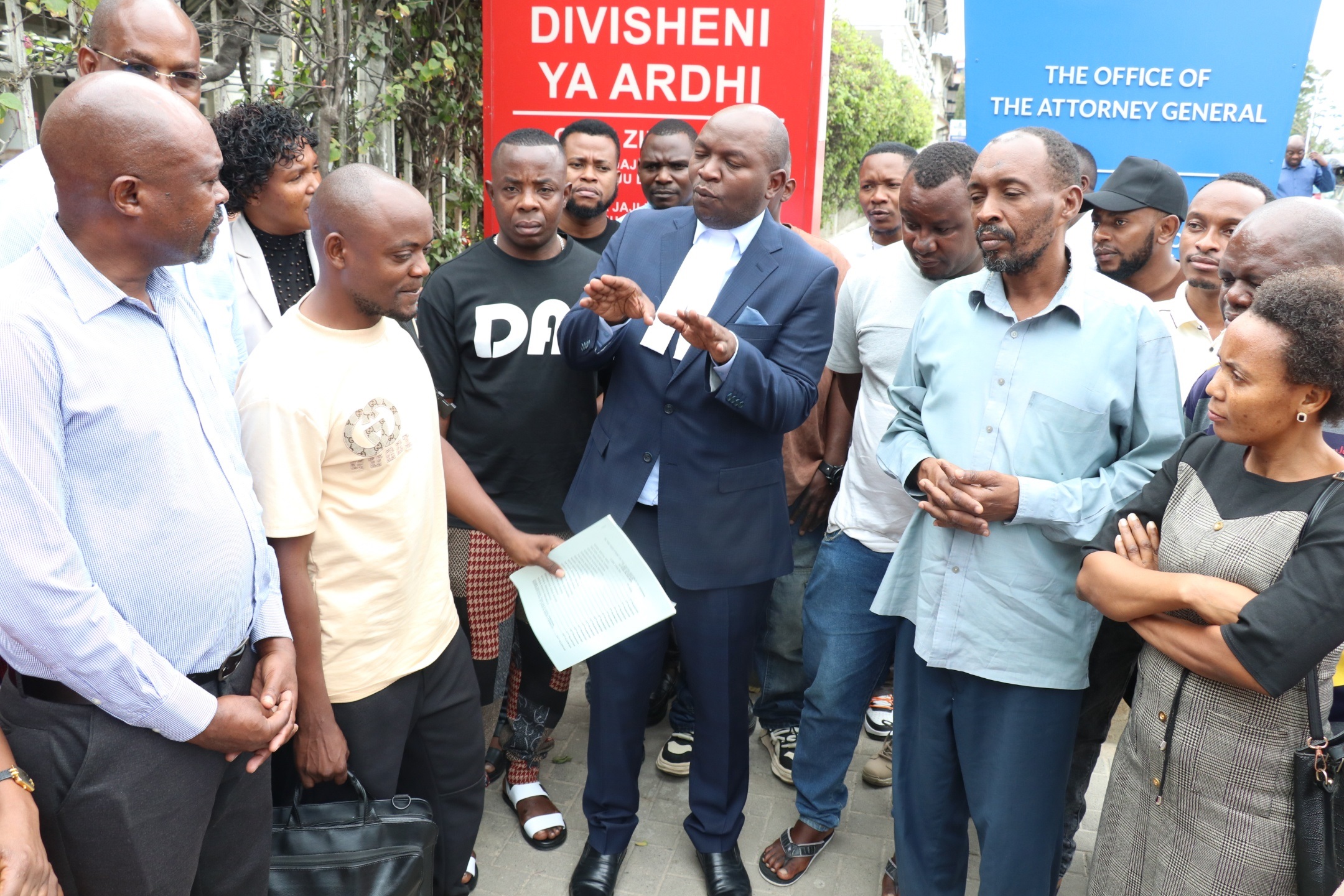The pulse of a nation: Barometre de la confiance a mirror of change
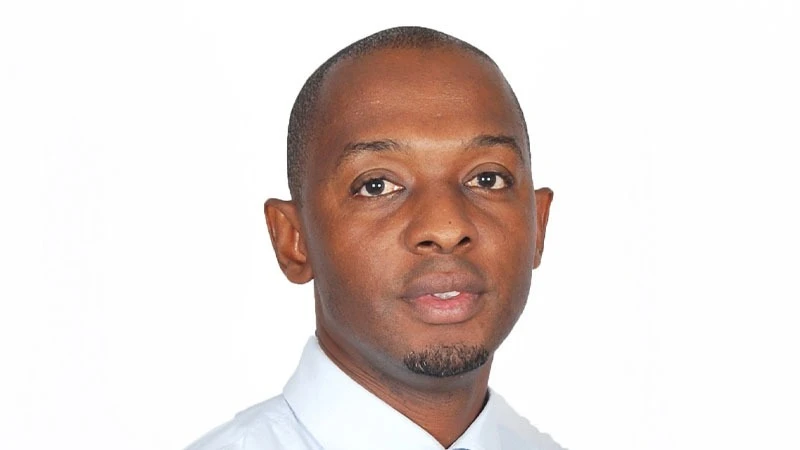
By the time the first wave of France’s Barometre de la Confiance rolled out in 2009. The country was already simmering with quiet discontent. The global financial crisis in 2008 had shaken institutions and the average citizen across continents. Once proud of France’s republic ideals, citizens began to ask uncomfortable questions: Who speaks for me? Who listens? Who can I trust?
What began as a modest political science initiative by the Centre for Political Research at Sciences Po (CEVIPOF) in France, quickly evolved into one of the most influential instruments in Europe. The Barometre de la Confiance was not just a survey, it was a national soul search. Each year, thousands of citizens were asked to rate their trust in institutions, politicians, media, unions, and even their neighbours. The results were often sobering.
In its early years. The barometer according to CEVIPOF in 2008 - 2010, revealed a France gripped by mistrust and fatigue. Confidence in political parties hovered below 10%. Parliament fared little better, and yet, amid the gloom, glimmers of hope emerged. Citizens still trusted local mayors, healthcare workers and the law enforcement unit. The message was very clear. Proximity breeds trust.
But the real drama unfolded in the years that followed. In the CEVIPOF’s 2019 report, the popular yellow vests movement in 2018 and the COVID-19 pandemic in 2019, all left deep scars. The barometer captured these shifts in real time. During these times trust in government plummeted specially during lockdowns. Only to rebound when vaccination campaigns proved effective. A surge in confidence returned after high profile corruption trials. Even some European Economic groupings long viewed with scepticism, gained ground as citizens saw their roles in climate and digital regulation.
By 2025, the Barometre de la Confiance had become more than a diagnostic tool. It was a strategic compass. Policymakers used its insights to redesign public services, improve communication strategies and rebuild institutional credibility. Ministries began integrating trust metrics into performance evaluations. Mayors used local trust scores to prioritize community engagement. Even the private sector took notice with banks and telecoms adapting their customer experience models based on public trust dynamics.
The challenges, however, were never far behind. Critics questioned CEVIPOF’s methodology, citing sampling biases and digital exclusion. Other bodies warned that publishing trust scores could fuel cynicism. However, CEVIPOF held firm, refining its approach. Expanding its reach and partnering with European counterparts to create a comparative trust index across the continent.
So, what can a country like Tanzania learn from France’s journey?
First, that trust is measurable, not just through economic indicators or voter turnout, but through lived experience. Second, that proximity matters. Citizens trust what they can see, touch, and influence. Third and lastly, that transparency is not a risk, it’s a remedy. Flanking weaknesses and strengths, governments, institutions, corporations, businesses etc. invite collaboration and not condemnation.
Imagine a Tanzanian Barometer of public confidence, capturing public voices of farmers, traders, students etc. Imagine ministries reshaping their services based on real trust data. Imagine a nation that doesn’t just govern but also listens.
France’s barometer didn’t fix democracy. It gave it a heartbeat. One can’t help but wonder: What will it reveal next? What truths lie beneath the surface? What do the people really feel? France’s journey offers a compelling lesson on people, trust and measure. The answers, perhaps, are somewhere between the questions we ask and the courage to hear the answers.
Alley Mtatya (pictured) is the Advertising, Marketing, Branding and Customer Experience Expert based in Dar es Salaam
Top Headlines
© 2025 IPPMEDIA.COM. ALL RIGHTS RESERVED











